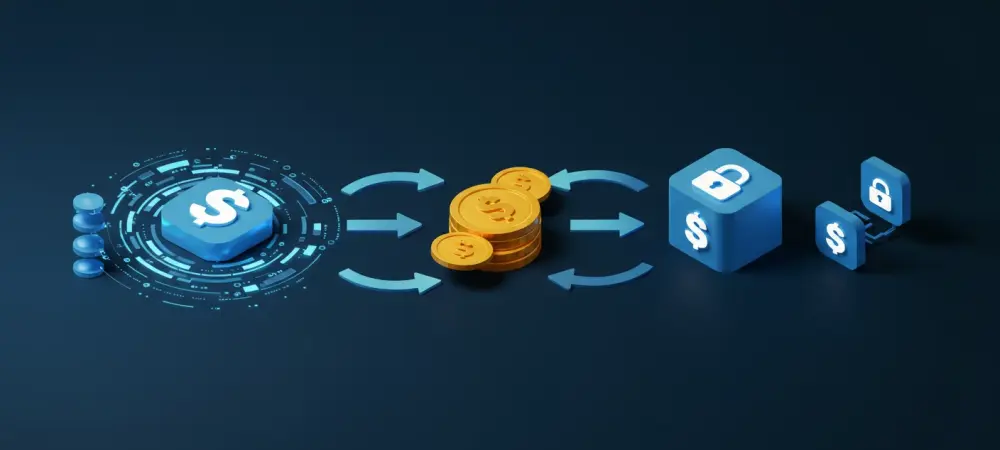In a rapidly transforming financial landscape marked by cutting-edge technology and evolving consumer preferences, digital payments have emerged as a pivotal trend in the Philippines. Despite the historical dominance of cash transactions, the growing prevalence of digital solutions is reshaping how Filipinos manage their finances. This article delves into the current state of digital payments, expert opinions on this transformative trend, and anticipates what the future holds for this burgeoning market segment.
Current State of Digital Payments in the Philippines
Growth Trends and Adoption Statistics
Recent years have witnessed a significant shift in financial transaction methods in the Philippines, with digital payments gaining substantial traction. Although cash remains prevalent, especially in rural regions, the convenience and security offered by digital solutions are prompting a market shift. Data reveals that digital payment methods, such as e-wallets and online card payments, are becoming mainstream. E-commerce has bolstered digital payment usage, making up nearly the entirety of the digital transaction user base, signaling a robust change in consumer behavior.
Real-World Applications and Innovations
Digital payments have found applications beyond just retail, permeating various sectors in the Philippines. The collaboration between Payop and Dragonpay exemplifies how businesses leverage digital solutions to enhance their offerings. Through innovative integrations, businesses can now accept payments from major banks and e-wallets, providing consumers with seamless and accessible transaction experiences. This innovation extends to the very core of Filipino industry and services, contributing to financial inclusion and driving market growth.
Expert Insights and Industry Perspectives
Insights from key industry experts highlight the significance of adopting diverse payment methods to stay competitive in the Philippines. For instance, Anastasiia Semenkova, CEO of Payop, emphasizes the need for businesses to adapt to evolving consumer preferences, steering away from a sole focus on card payments. By embracing a wider array of payment solutions, international businesses can enhance user experiences and tap into the diverse Filipino market. Robertson Chiang, CEO of Dragonpay, underscores the critical role such collaborations play in broadening digital payment accessibility, facilitating a comprehensive and consumer-friendly financial ecosystem.
Future Outlook of Digital Payments
The future of digital payments in the Philippines is set to evolve with stronger integration of technology and consumer-centric innovation. As mobile wallets and other electronic payments continue to expand, the benefits of convenience and efficiency are expected to outweigh the challenges posed by the traditional cash-centric mindset. Anticipated developments in regulatory frameworks and technological advancements will further streamline digital payment processes, offering safer, faster, and more inclusive financial transactions across various sectors. However, sustaining this growth demands addressing cybersecurity concerns and enhancing digital literacy among the population.
Conclusion
Reflecting on the evolution of digital payments in the Philippines highlights the market’s adaptability and potential for growth. This progression from traditional cash reliance to embracing digital solutions promises a more inclusive and technologically advanced financial landscape. Businesses and consumers alike have been compelled to rethink transaction methods, fostering a dynamic environment that supports digital proliferation. Moving forward, it is crucial for stakeholders to continue collaborating and innovating to capitalize on the opportunities presented by this digital revolution, paving the way for an integrated and efficient financial system.

